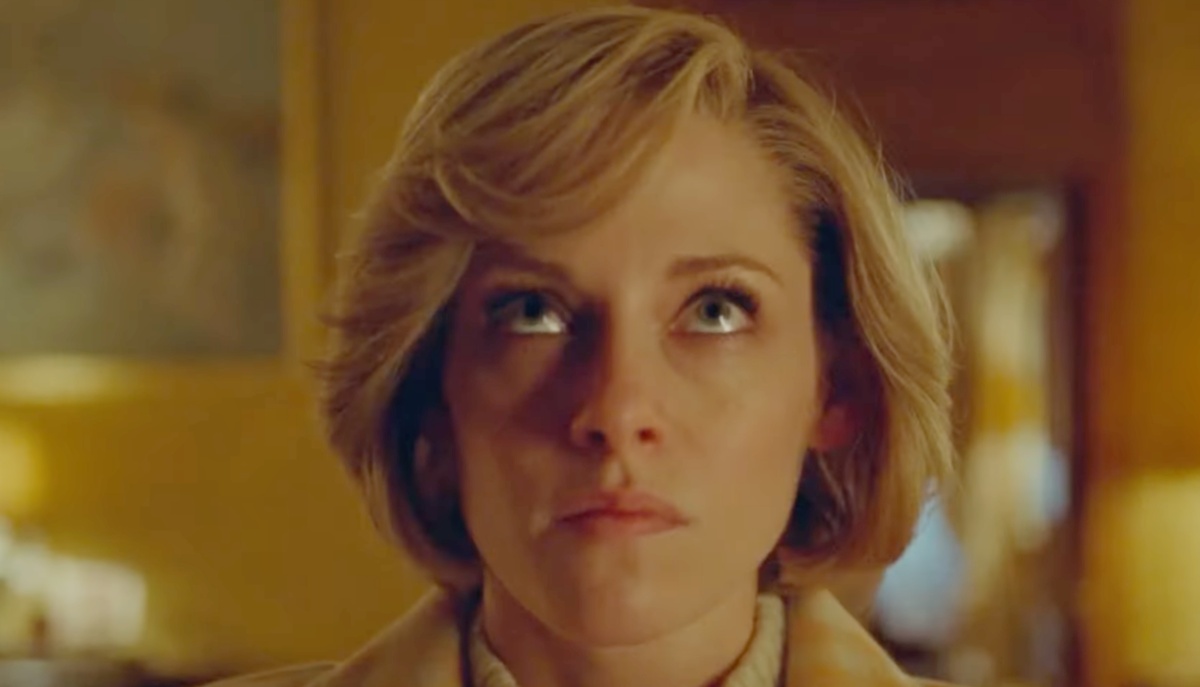Why Kristen Stewart Is The Perfect Diana Spencer


Last night I had the pleasure of watching Spencer, the “biographical psychological drama” directed by Pablo Larraín, written by Steven Knight, and starring Kristen Stewart as Diana, Princess of Wales.
The movie is not entirely accurate in terms of actual events. Spencer fictionalizes and focuses on the emotional state of Diana towards the end of her marriage as she is stuck in the cold and dreary royal Sandringham Estate for Christmas.
At the beginning of Spencer for a moment it was hard to separate Kristen Stewart the actress from Diana. Stewart is only a few years older than me and I have watched countless films starring her from Speak onward. There are ticks associated with her acting and she has a face that is just very specific. But once I started to understand that Larraín was capturing the essence of Diana’s pain with Stewart, not trying to capture the duality of her public vs private image, the performance slowly eased into something natural.
Then I began to realize what an excellent pick Stewart was in a larger sense. Stewart’s big break film was no doubt the massive Twilight franchise and with her central role came unending public scrutiny. She comes from a background of privilege in the entertainment industry, yet has always moved with obvious unease within it. At the time the movie deal with Twilight was signed, no one involved expected it to become such a phenomenon, despite the popularity the books had in the YA genre.
Bella Swan is very much a nothing role and very hard to translate into the film simply because all of the “character” is insular and Stewart had to capture that on screen, but it often was read as her “playing herself” despite the fact that Stewart is charming in real life.
Like many women in the public eye during the 2000s, everything Stewart said was criticized by those who were pro-and-anti-Twilight. She became the avatar for everything puritanical and sexist about the series. So much so that the resentment carried on despite her going on to be praised in other roles. Never mind that most actors do have similar ticks when they act, those aspects were held against Stewart even more so.
Her cheating scandal with Snow White and the Huntsman director Rupert Sanders blew up a lot of the hyper-feminine image that was attached to her, but in the face of the scrutiny, Stewart managed to really come into her own.
Being open about her bisexuality, openly dating women, and leaning into being a queer sex symbol.
There is a freedom she has now that comes with no longer needing to be the pop culture idol that society pushed her into. A role that isolates you from other women, roots away from your sense of identity, and forces you into situations against your choosing.
Stewart brings all of these disparate elements of her own experience to her turn as Diana Spencer. When the film seems melodramatic, it is anchored by the pain in her face in eyes. It is an endearing performance because it feels so different from her work in the past, yet such an organic continuation of Stewart’s journey as not just an actress, but a public figure.
Spencer is not as tight as director Larraín’s previous biographical take Jackie, but Stewart gives an excellent performance as a woman, wife, mother, and human being smothered by the privilege she was born into and forced into.
(image: Screengrab/Neon)
Want more stories like this? Become a subscriber and support the site!
—The Mary Sue has a strict comment policy that forbids, but is not limited to, personal insults toward anyone, hate speech, and trolling.—
Have a tip we should know? [email protected]
